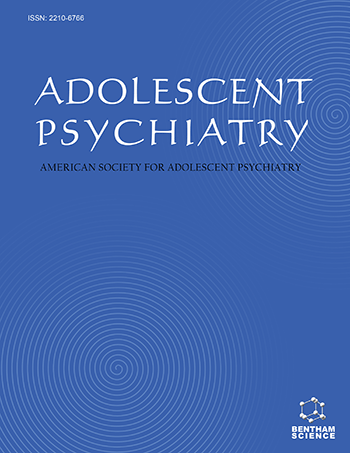Abstract
Case formulation that incorporates cultural factors is an important clinical tool for use in initial and ongoing treatment with adolescents. Providing culturally-responsive psychotherapy to adolescents requires the therapist to understand the complex cultural context in which adolescents live. Adolescent identity development and psychological functioning are influenced by an evolving matrix of social identities (race, ethnicity, sexual orientation, spirituality etc.) that may shift and change at each stage of the teen’s developmental life as well as within different contexts. This paper will compare and contrast the DSM-IV-TR Outline for Cultural Formulation with the ADDRESSING and RESPECTFUL mnemonic models of cultural formulation in the evaluation and treatment of teenagers. Case examples will illustrate how each model may be used to create a synopsis of the patient’s experience in cultural context as well as how they are used to conceptualize change over time. The case examples will highlight the utility of cultural formulations in alliance building, in understanding the patient and parents’ explanations of illness as well as in examining cultural transference issues in therapeutic work.
Keywords: Adolescent psychotherapy, alliance building, case formulation, culture, cultural transference, explanations of illness, identity development.



























